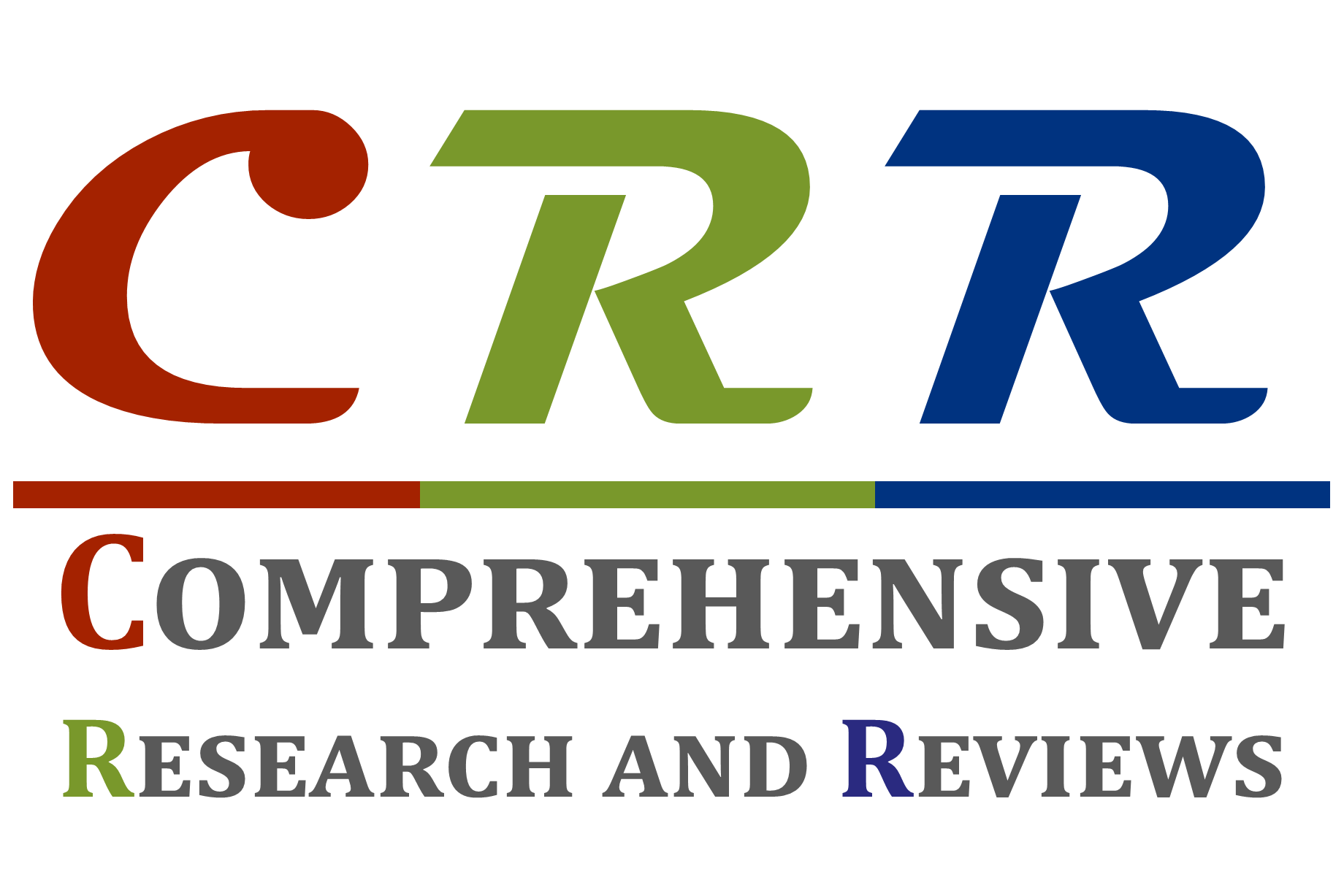Integrating sustainability and cost-effectiveness in food and FMCG supply chains: A comprehensive model
1 Labatt Breweries of Canada.
2 Ulster University, United Kingdom.
3 Department of Agricultural Economics, Ladoke Akintola University of Technology, Nigeria.
4 Independent Researcher, Port Harcourt Nigeria.
Review
Comprehensive Research and Reviews Journal, 2024, 02(01), 052–068.
Article DOI: 10.57219/crrj.2024.2.1.0029
Publication history:
Received on 03 August 2024; revised on 12 September 2024; accepted on 14 September 2024
Abstract:
The increasing emphasis on sustainability in global food and Fast-Moving Consumer Goods (FMCG) industries has prompted companies to seek innovative strategies for integrating sustainability without compromising cost-effectiveness. This study proposes a comprehensive model that bridges the gap between sustainable practices and cost-efficiency in food and FMCG supply chains. The model emphasizes the adoption of circular economy principles, lean manufacturing, and green logistics to reduce waste, lower carbon emissions, and optimize resource use. It also highlights the role of digital technologies, such as blockchain for traceability and artificial intelligence (AI) for demand forecasting, to enhance supply chain transparency and efficiency. The framework incorporates supplier collaboration, emphasizing ethical sourcing and the use of renewable materials to align with both environmental goals and consumer expectations. Furthermore, it explores the importance of agile inventory management to minimize overproduction and reduce storage costs, which directly contributes to profitability. The economic feasibility of the model is examined through case studies demonstrating how businesses have successfully implemented sustainable practices without incurring excessive costs. A key focus of the study is balancing sustainability with cost-effectiveness by leveraging economies of scale, strategic partnerships, and technology-driven solutions. By doing so, companies can achieve a competitive advantage while meeting regulatory requirements and increasing consumer demand for eco-friendly products. The model also provides actionable insights for policymakers and industry stakeholders, offering guidelines for promoting sustainability across global supply chains in food and FMCG sectors. In conclusion, this research presents a scalable and practical model for integrating sustainability with cost-effectiveness in supply chains, providing a roadmap for companies to achieve long-term economic and environmental goals. The findings offer significant contributions to the ongoing discourse on sustainable supply chain management in the food and FMCG industries.
Keywords:
Sustainability; Cost-Effectiveness; Food Supply Chains; FMCG; Circular Economy; Lean Manufacturing; Green Logistics, Blockchain; Artificial Intelligence; Renewable Materials, Ethical Sourcing, Agile Inventory Management, Economies of Scale.
Full text article in PDF:
Copyright information:
Copyright © 2024 Author(s) retain the copyright of this article. This article is published under the terms of the Creative Commons Attribution Liscense 4.0
